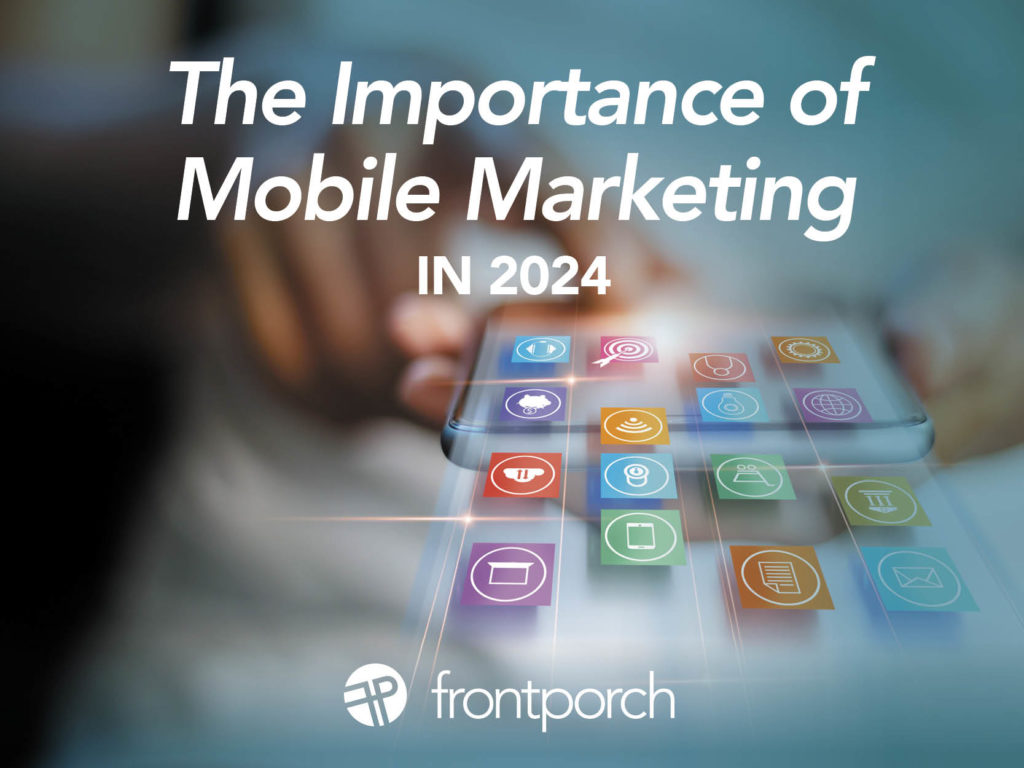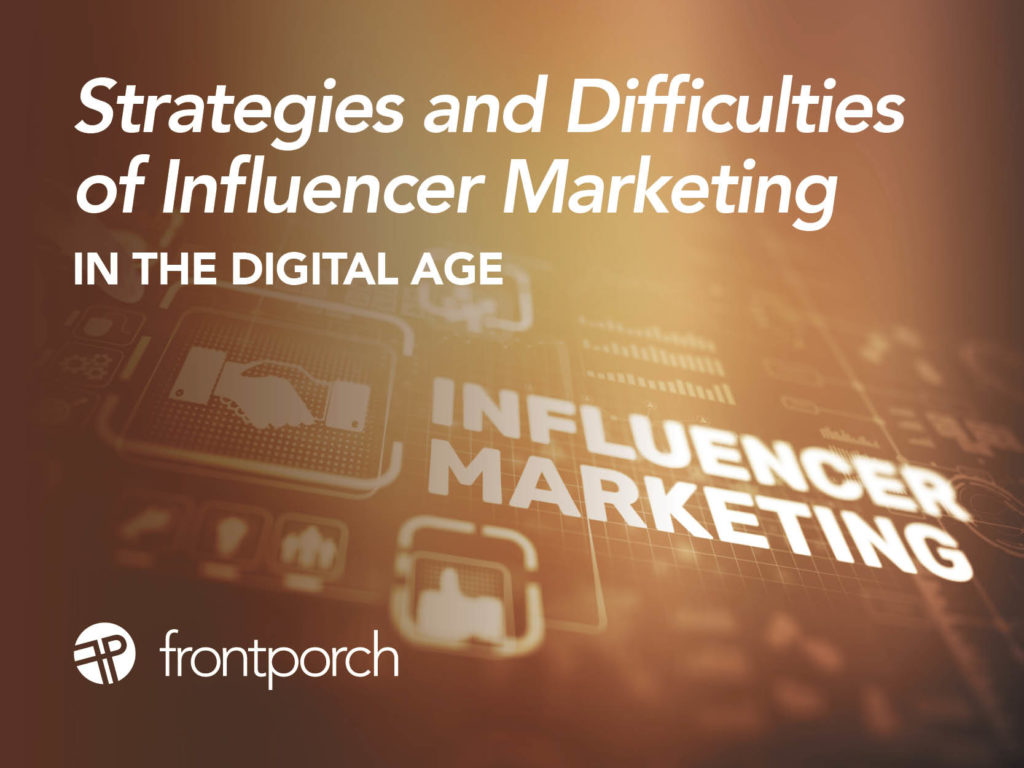
Mobile marketing is still a key component of successful business plans in 2024. Businesses can no longer afford to ignore the mobile audience given the rise in smartphone users. Mobile marketing is important for reaching customers where they spend most of their time, as mobile devices become more prevalent in daily life. According to EarthWeb, as of 2024, mobile devices accounted for around 58.26% of all web traffic worldwide. This change emphasizes the necessity for companies to give mobile consumers top priority in their marketing plans.
The convenience that mobile marketing provides is one of the key factors that makes it so important. People use their phones for information gathering, shopping, and socializing, which presents businesses with plenty of chances to connect with potential clients. Personalized communication through SMS, push alerts, and mobile-friendly emails is another benefit of mobile marketing that can increase engagement.
Optimizing Your Website for Mobile
Businesses require a phone-optimized website to effectively reach mobile users. By guaranteeing that content adjusts for different screen sizes, responsive design improves user experience. Furthermore, since slow websites may turn off visitors, quick loading times are important. Accelerated Mobile Pages (AMP) can be used to increase performance and speed.
SMS Mobile Marketing
Since SMS marketing is instantaneous, it is quite successful; timely advertisements and updates have high open rates. For immediate client connection, this basic communication tool is crucial.
Social Media Engagement
Mobile marketing of content is a must since mobile devices are used for the majority of social media interactions. Having mobile-friendly links and clear images will greatly increase the impact of your social media approach.
Mobile Marketing Apps
For a more consistent and customized user experience, consider downloading a mobile app. Apps improve consumer engagement through better feature integration, such as push alerts, and frequently result in higher conversion rates.
Mobile marketing is essential for companies hoping to succeed in 2024. Given that mobile devices already account for most website traffic, it is obvious that mobile devices should take priority in your marketing plan. Improving user experience, increasing engagement, and boosting conversions can be achieved by creating a mobile app, utilizing SMS marketing, optimizing your website for mobile users, and participating in social media efficiently. Having a mobile-first strategy can help a company stay relevant and competitive as the digital world changes.

